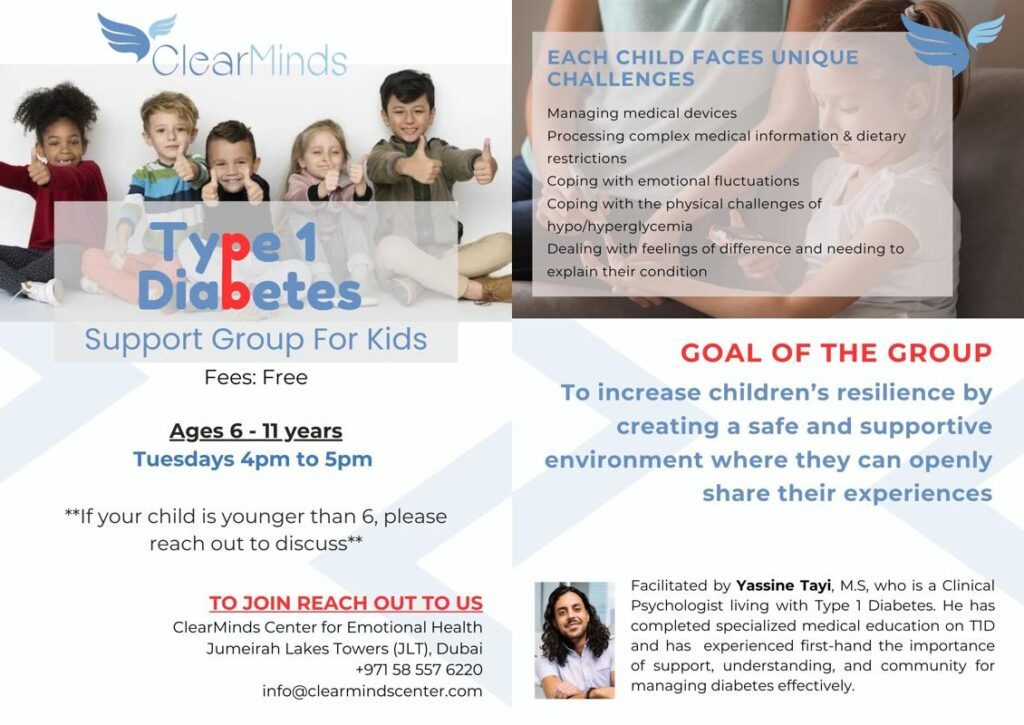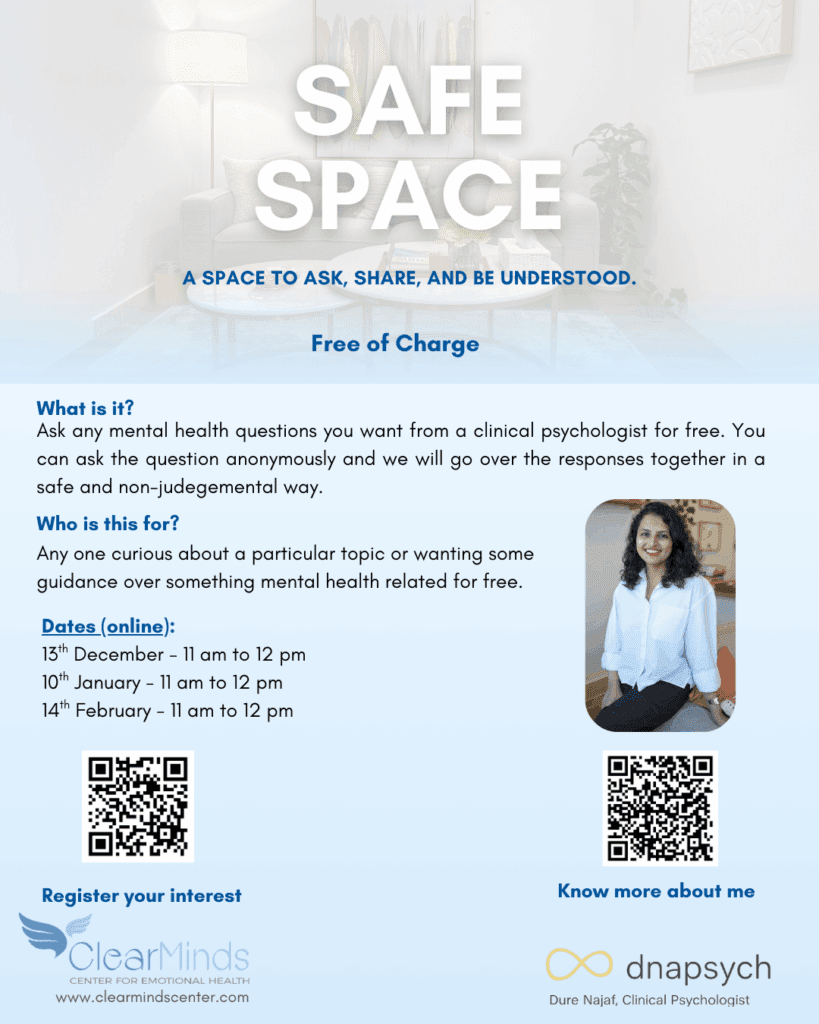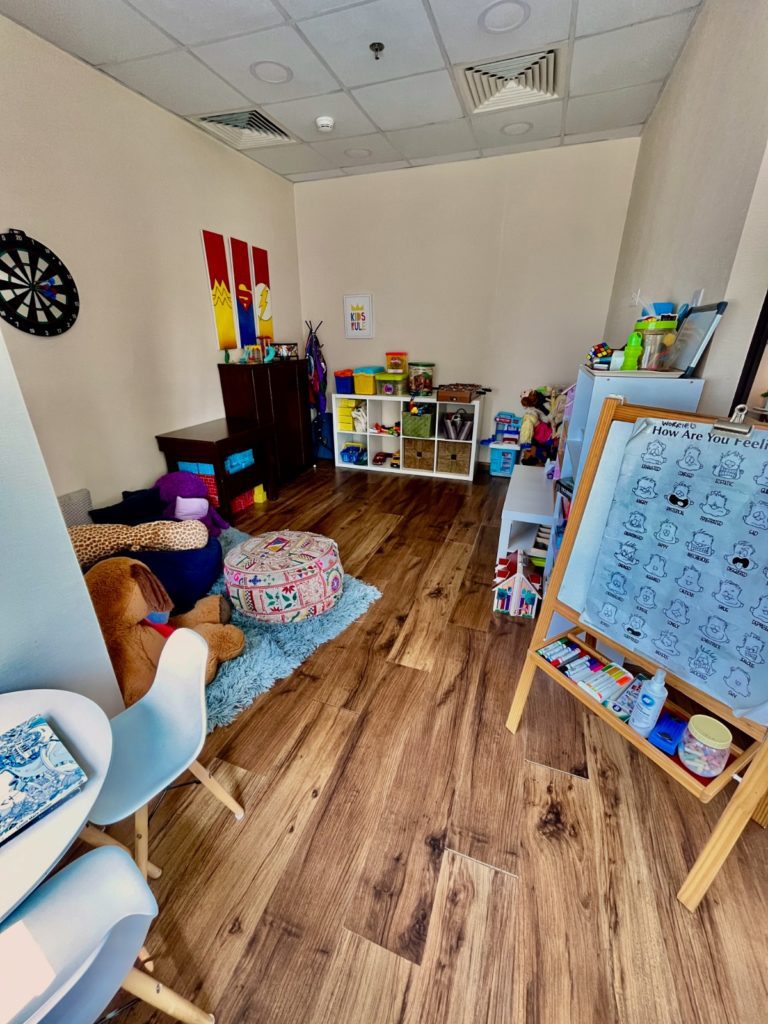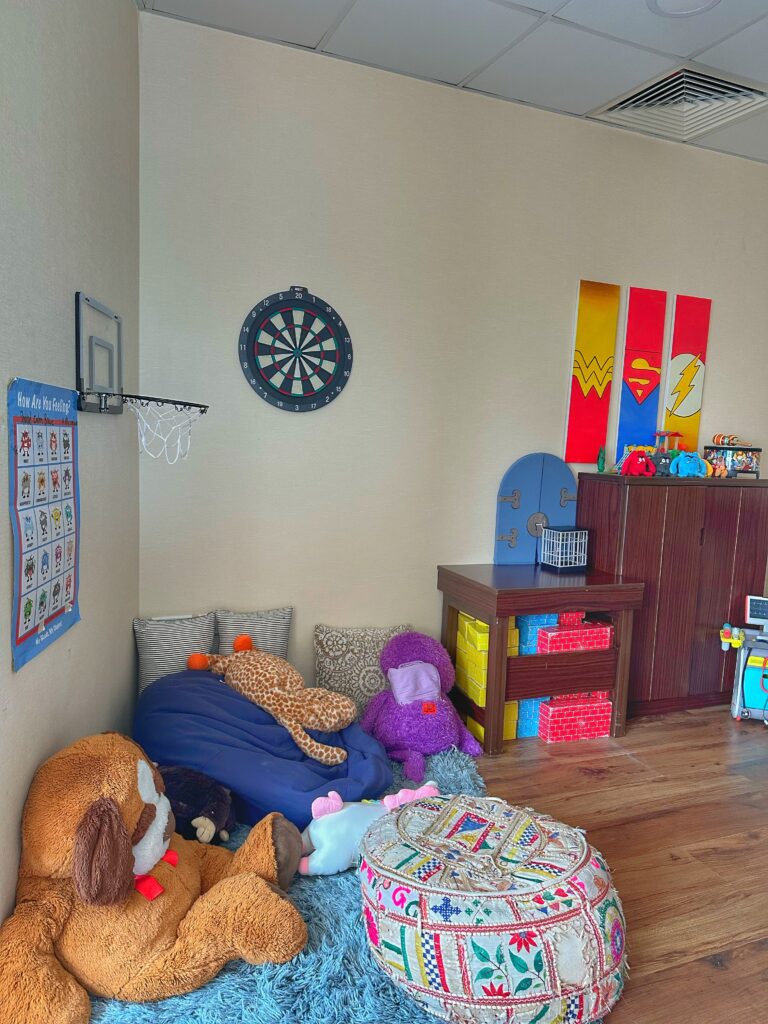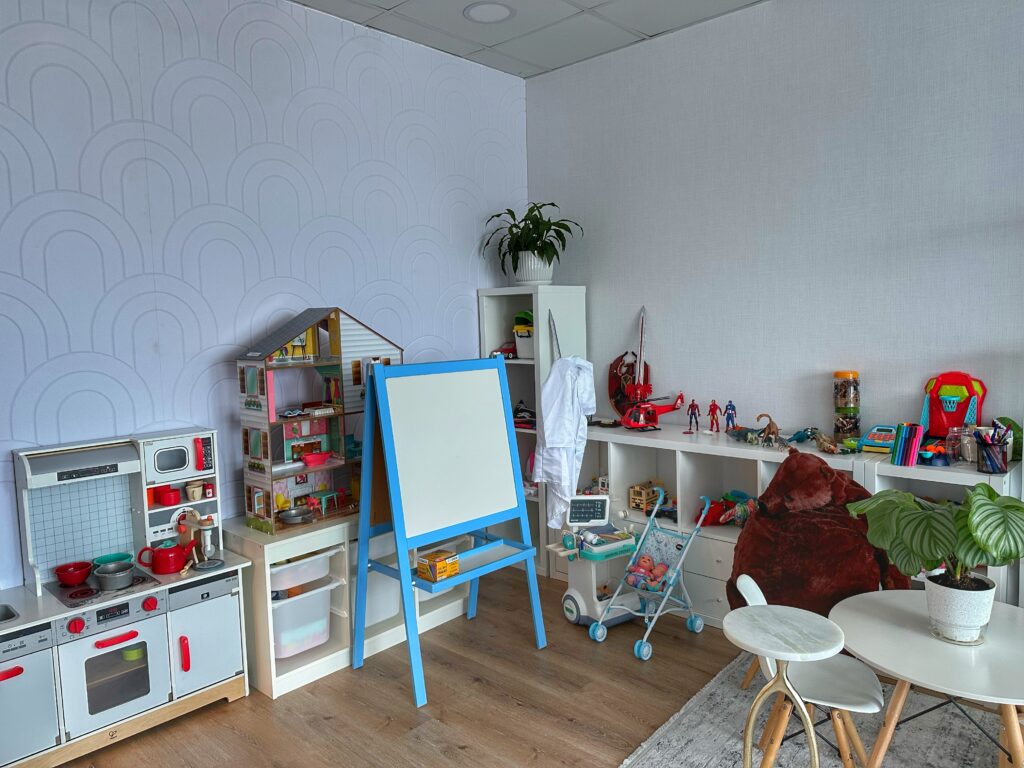Welcome to ClearMinds Psychotherapy Center
ClearMinds is a Dubai-based psychotherapy, counseling, and assessment center committed to deeply engaging with people and their families, leading them toward growth and change. With a dedicated psychologist in Dubai and a team of compassionate professionals, our approach is rooted in empathy and understanding. We take pride in witnessing the progressive happiness and strengthening of people and families come through our doors. Our core belief is that with right support, everyone can achieve happiness and lead a fulfilling life.
PSYCHOTHERAPY
THE PROCESS
Professionals like psychologists, psychotherapists, counselors, and therapists are often perceived similarly, yet each brings a unique approach to enhancing your life. Our team, consisting of some of the top psychologists and counselors in Dubai, is dedicated to improving your quality of life by addressing a range of issues, including relationship dynamics, personal challenges, and mental health concerns.
Start Your Healing
Seeking counseling or therapy in Dubai, or elsewhere, can initially seem overwhelming. At our long established psychology center we are committed to making this experience less intimidating and more empowering. Our team is here to answer all your questions and guide you toward enhanced well-being, happiness, and resilience.
Our Approach to Therapy
In sessions with our Dubai psychologists, you can explore the roots of complex emotions like anxiety, stress, pain, resentment, and frustration. We work together to set therapeutic goals and develop a strategy for positive, lasting change. As your relationship strengthens with your therapist, deeper issues are addressed, helping you reach life-long benefits.
Preparing You for Lasting Change
The ultimate goal of psychotherapy is to enable you to manage and resolve your issues independently, making continued therapy unnecessary. This journey requires a collaborative effort between you and your therapist in Dubai to uncover the core reasons behind your challenges and to create practical, effective solutions.
Your Place for Growth and Healing
As a licensed psychology clinic in Dubai, we are devoted to offering comprehensive assessment and therapy services in a supportive and caring atmosphere. Our focus is on nurturing your journey towards healing and personal growth, guiding you towards a life that is both more satisfying and balanced.
Testimonials


OUR SAFE SPACE


Anxiety Disorders Explained: Types, Symptoms & When to Seek Help
Worry is part of being human. But when anxiety stops being a passing feeling and starts shaping every decision you make – what you avoid, how you sleep, how you show up at work and in relationships – something more significant is happening. Approximately 1 in 5 people in the UAE lives with a clinical…
ADHD in Adults: Complete Guide to Symptoms, Diagnosis & Treatment in Dubai
For many adults living in Dubai, the struggle is familiar: missed deadlines, a desk that never stays organized, conversations you tuned out halfway through, and an inner voice that has spent decades whispering that you are simply not trying hard enough. What if the explanation was neurological, not personal? ADHD is far more common in…
Mental Health During Ramadan: 7 Tips for Emotional Wellbeing
Ramadan is a month of deep spiritual renewal, gratitude, and community. But for many Muslim residents and expats across Dubai and the UAE, it can also bring unexpected emotional challenges. Sleep disruption, fatigue, heightened anxiety during Ramadan, and feelings of guilt when you fall short of your own expectations – these are more common than…








